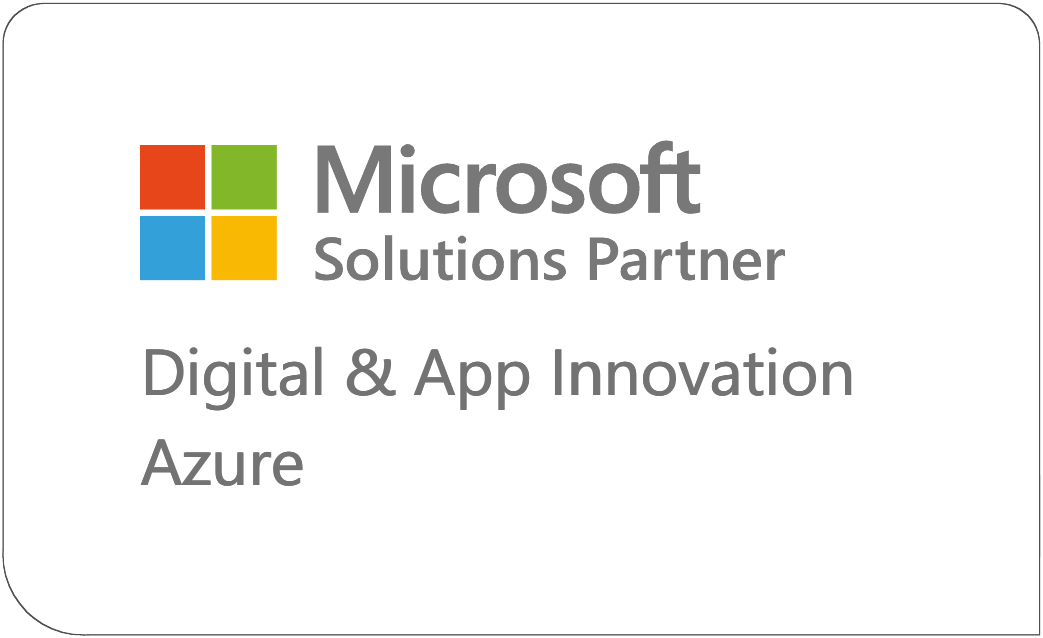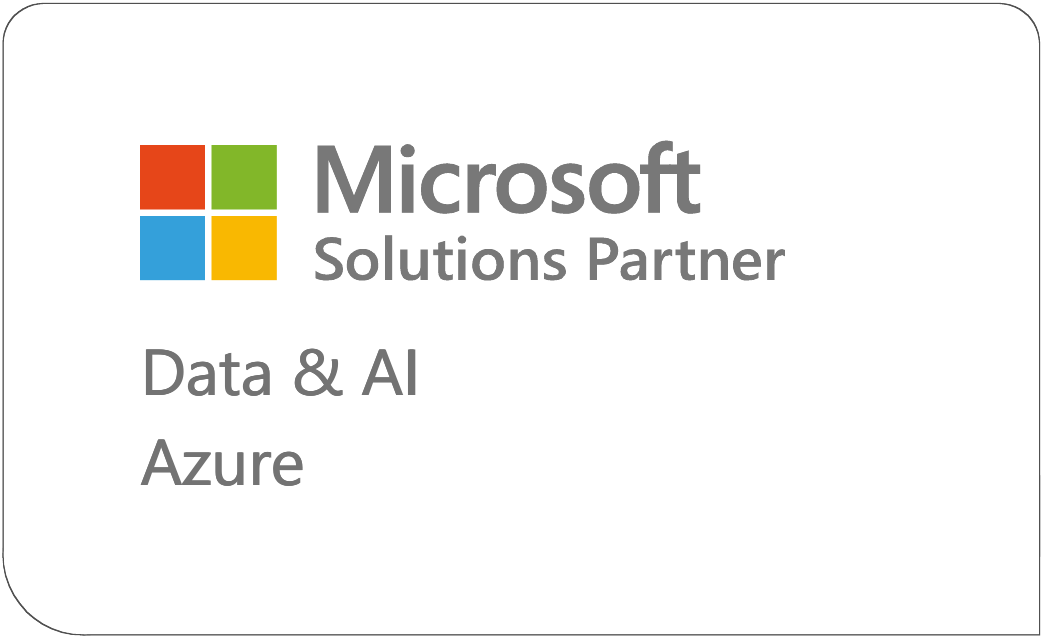We are not an AI Company
by Frans Lytzen | 02/01/2024"We are not an AI company"
...is a sentiment we often hear at NewOrbit. The important question is - will your competitors take the same view?
The truth is, every company will need to be an AI company, whether we like it or not. I know of return-to-work parents who use AI in their arts and craft businesses all the way up to large "traditional" businesses that are using AI to assist their employees and customers.
Unfortunately, it can often be really difficult to see where and how you can use AI to make things better in your organisation.
At NewOrbit, we build solutions for our customers that help run their business. We have spent a lot of time thinking about how to help them get started with AI. In this article I am going to share with you some of what we have learnt and give you some concrete questions to kick-start your thinking.
I am really interested to hear what you think about this. Please leave a comment or get in touch.
One of the big challenges is that AI, and what it can do, is just so different to how we have all learnt to think about the work we do. It doesn't help that the term AI covers a wide variety of different tools - and it is constantly changing. At least, the cost of implementing and running AI is also dropping rapidly.
- If you read or write text, there is probably a role for AI in your organisation.
- If you need to regularly find information in a large set of documents, there is probably a role for AI in your organisation.
- If you need to look at information and make a decision, such as categorising or setting a price, there is probably a role for AI in your organisation.
Ignoring AI because you are busy - and successful - doing what you already do is a bit like the story about the team in the jungle: One person climbs up a tree to have a look around. They then shout down to the rest of the team "Wrong jungle!". The team shouts back "Shut up, we are making progress!".

What is your take? Do you think AI will change your business? Or not? Join the discussion.
How do I get started?
Embedding AI is a change management problem - not a technology problem. It's not something you can just delegate to someone to do. AI will change how you do business, even though it is probably not obvious - yet - how that will happen.
The most important thing you need to do is to teach yourself and your organisation to recognise where the AI could help. This goes way beyond technology: It starts with understanding value and cost drivers in the business.
So, please don't start with some big discovery project to try and find the thing that will make the biggest change. You will almost certainly fail.
Instead, approach this with a view to learning. Find some small, simple thing and implement that. It doesn't have to make a big difference - the important thing is that you start "doing AI". Learn from that and build confidence in the implementation and use of AI. Then find the next thing and the next thing. Before you know it, you will have made a lot of difference and you are much more likely to be able to spot the things that will make the transformational difference.
I know, it is frustrating to have to slow down and take small steps. But you are not going to overturn decades of experience and process optimisation in a few weeks.

Here are some prompts to help
Here are some questions to ask yourself and your team to help find some things to try.
- Do you have processes where a person needs to read and reason about free-text information? Such as applications, CVs, etc.? A Large Language Model (LLM) may be able to help and present summary information.
- Do you need people to gain an overview of a large number of documents, for example job applications or cases? AI can help summarise and categorise documents so it is easier to get an overview.
- Does your team need to write reports or other text content? Large Language Models can help in many ways, from simply changing the tone to being trained on how your company writes and then producing draft reports based on your specialised input.
- Do you need to summarise or categorise call transcripts or email trails? Such as support cases, referrals, etc.? Maybe you need to build a dashboard of customer sentiment or a breakdown of common issues? Large Language Models can often help with this.
- Do you need to triage cases or tickets or make decisions on applications? Machine Learning can be trained on your data and can help your decision-making be more consistent - even if you keep the final decision with a human.
- Do you have a process where a person will ask a question of a domain expert and that domain expert will then go and read various policy or other documents before answering? Maybe looking up specific data as well to incorporate into the answer? Text Embedding and Vector Search can really help to find relevant information and Large Language Models can help summarise and categorise it.
- Do you have a large database of documents or cases that you need to search through? Maybe you need to find similar cases or documents or ones that may have the answer to a specific problem? Vectorization can help find similar cases or documents.
- Do you need to fill in structured forms based on free-text information? Large Language Models can often help with that.
- Do you need to extract information from forms or statements? Off-the-shelf "Form Recogniser" AI services can help with that.
There are many more questions you can ask. These are just to get you started.
What questions do you think are good to ask? Join the discussion.
At NewOrbit, we help customers get the most out of Azure, including the remarkable range of AI services available in Azure. For some clients, we help their internal dev teams to find the right AI services and to get started. For others, we build custom solutions to meet their needs. If you would like to know more, please send me a message.

